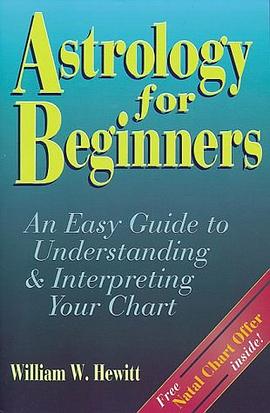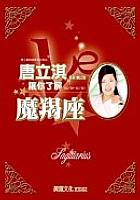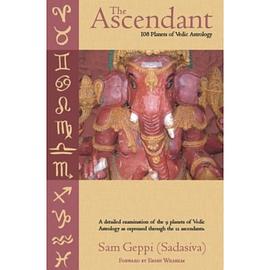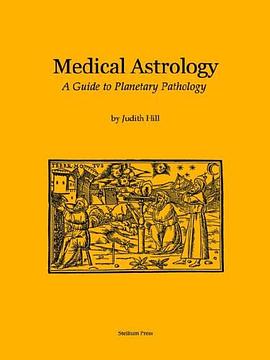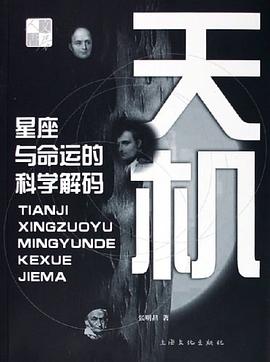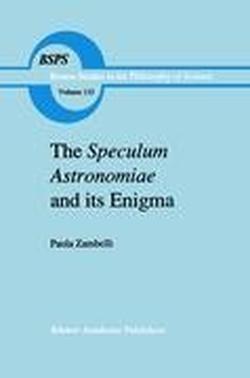
The attribution of the Speculum Astronomiae to Albertus Magnus became a controversial issue only recently, when the great neo-Thomist historian Pierre Mandonnet suggested -- without any antecedents -- that the author was Roger Bacon rather than Albert. Mandonnet's theses were refuted by Lynn Thorndike and have since then been the subject of widespread discussion. The present historiographical case-study considers this debate in the light of an analysis of texts by Albert himself, as well as other important authors, such as Bacon, Bonaventura, Thomas Aquinas, Witelo, Campanus of Novara, and others, which shows how widespread the general concept of the influence of the stars and other astrological ideas to be found in the Speculum were. Most of the scientific ideas of the Middle Ages were based on principles derived from the notion of celestial influence and its consequences. The Speculum drew the fundamental outlines of this discipline into a theoretical and bibliographical introduction -- no small achievement -- and was consequently greeted with great interest and used as a standard reference book for many centuries. Set against the background of discussions taking place in the 1260s, within the Dominican Order as well as in the Faculties of Arts, Zambelli removes all doubt that the Speculum was written by Albert, possibly with some collaboration.
具体描述
读后感
评分
评分
评分
评分
用户评价
相关图书
本站所有内容均为互联网搜索引擎提供的公开搜索信息,本站不存储任何数据与内容,任何内容与数据均与本站无关,如有需要请联系相关搜索引擎包括但不限于百度,google,bing,sogou 等
© 2025 qciss.net All Rights Reserved. 小哈图书下载中心 版权所有




